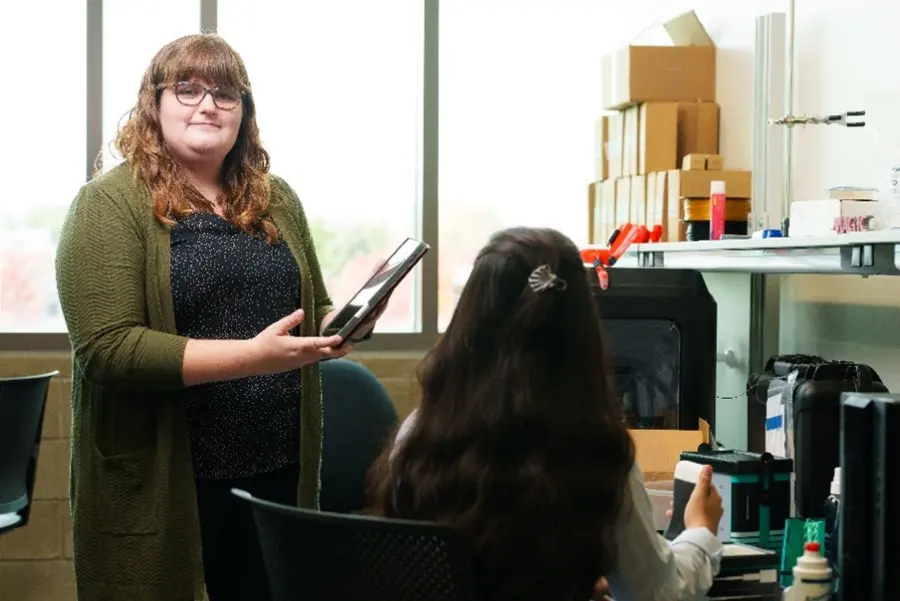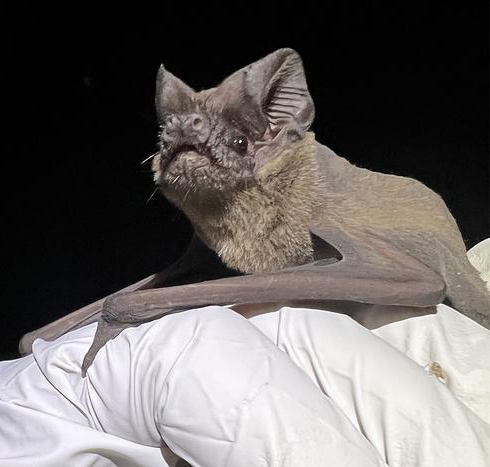Ralph E. Powe Junior Faculty Enhancement Awards
Our commitment to enriching the research skills and professional growth of young faculty members at ORAU member institutions is embodied in the Ralph E. Powe Junior Faculty Enhancement Awards Program. These competitive research awards provide seed money for junior faculty members that often result in additional funding from other sources. The award amount provided by ORAU is $5,000. The applicant’s institution is required to match the award with at least an additional $5,000. This is a one-year grant (July 1 to June 30).
Eligibility for the Powe Awards is open to full-time assistant professors at ORAU member institutions within two years of their tenure track appointment at the time of application. If there is a question about eligibility, your ORAU Councilor makes the final determination. Only two nominations are allowed per institution.
Research must fall within one of these five disciplines:
- Engineering and Applied Science
- Life Sciences
- Mathematics/Computer Sciences
- Physical Sciences
- Policy, Management, or Education
Junior faculty members interested in applying should consult their ORAU Councilor, and visit the frequently asked questions.


